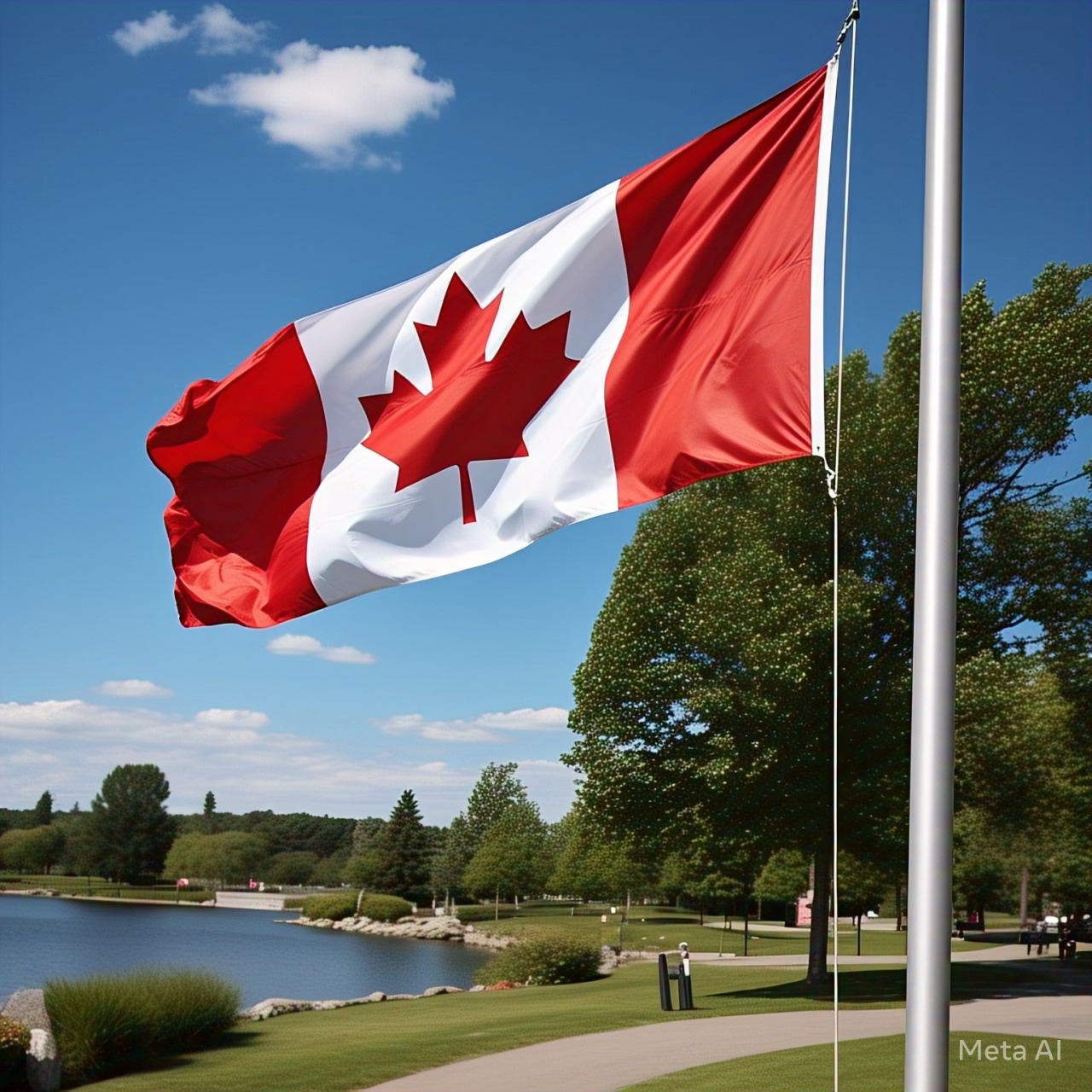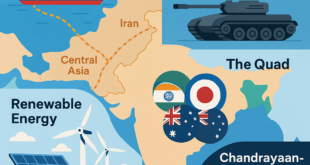Justin Trudeau, Canada’s Prime Minister, has announced his decision to step down from his position, marking the end of his nine-year tenure.
This move comes as no surprise, given his dwindling popularity, with a mere 22% approval rating as of December ¹.
Trudeau’s premiership has been marred by economic woes, including soaring inflation that peaked at over 8% in 2022. The economy struggled to recover, with unemployment rising to nearly 7% in November.
The housing market also became increasingly unaffordable, leading to a backlash against the government’s immigration policies
¹.The resignation of his finance minister, Chrystia Freeland, last month, citing concerns over the government’s spending plan, dealt a significant blow to Trudeau’s leadership.
Even members of his own party publicly called for his resignation, while opponents criticized his ability to handle tough trade talks with the US ¹.
As Canada prepares for a new leadership, the conservative party, led by Pierre Poilievre, is currently leading in the polls by double digits. Poilievre has expressed his willingness to address trade concerns with the US, including expediting oil, gas, and mineral extraction projects ¹.
In the coming months, Canada will hold an election, which will likely take place before October.
As the country bids farewell to Trudeau’s premiership, it’s clear that the new leadership will face significant challenges in addressing the nation’s economic and trade concerns.
*What’s Next for Canada?
As Canada embarks on a new chapter in its political history, several key questions remain:-
_How will the new leadership address the nation’s economic woes?_- _
What impact will the changing leadership have on Canada’s trade relationships with the US?_
Only time will tell how these questions will be answered.
One thing is certain, however: Canada is on the cusp of a significant transformation, and the world will be watching closely.
 Top Trends Blogs
Top Trends Blogs




